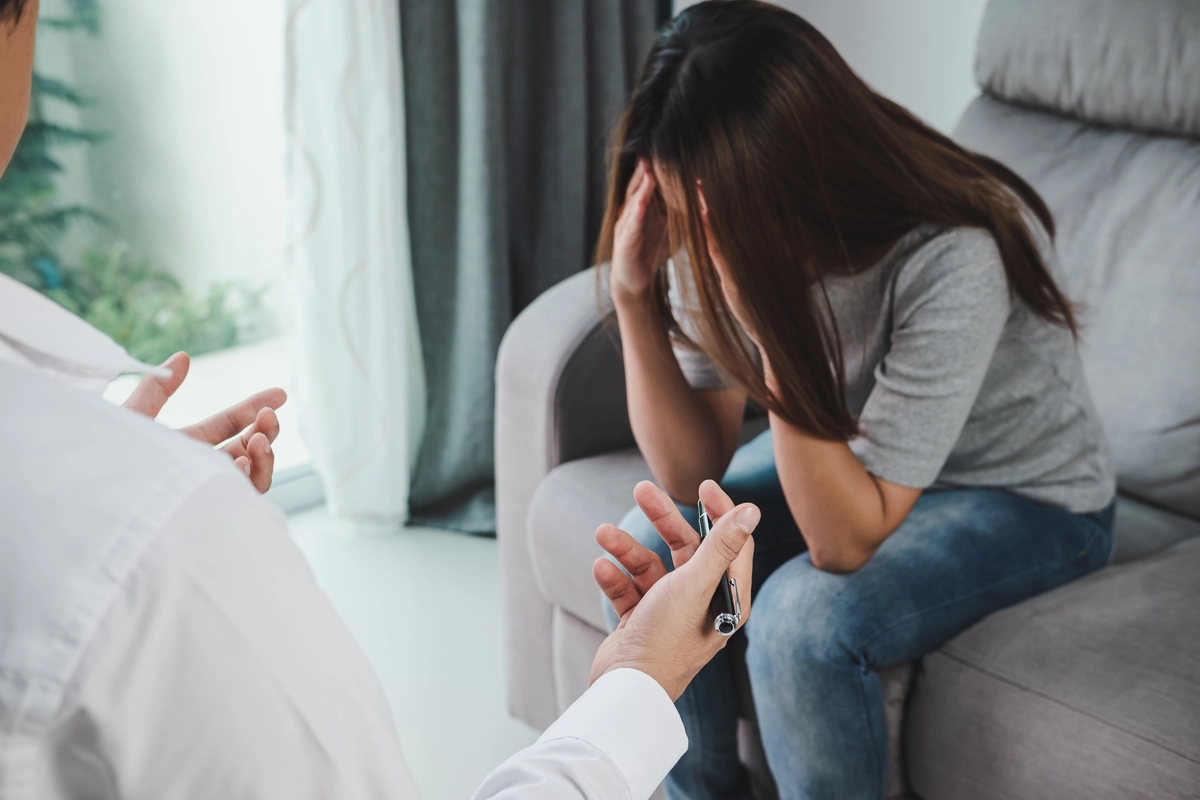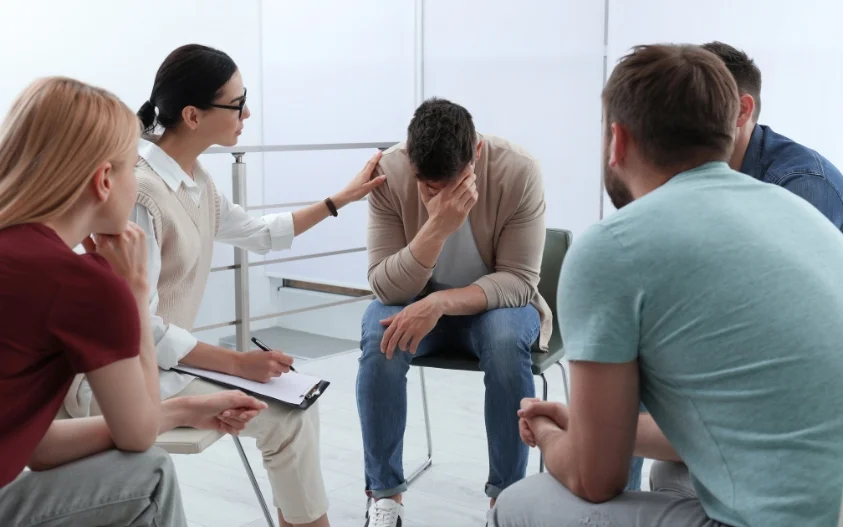24/7 Helpline:
(866) 899-221924/7 Helpline:
(866) 899-2219
Learn more about PTSD Treatment centers in Harrison County

Other Insurance Options

Optima

Ambetter

Group Health Incorporated

Holman Group

Optum

Anthem

Premera

EmblemHealth

American Behavioral

WellCare Health Plans

Magellan

Horizon Healthcare Service

GEHA

Private insurance

Excellus

UnitedHealth Group

Evernorth

Health Choice

Health Net
Beacon















